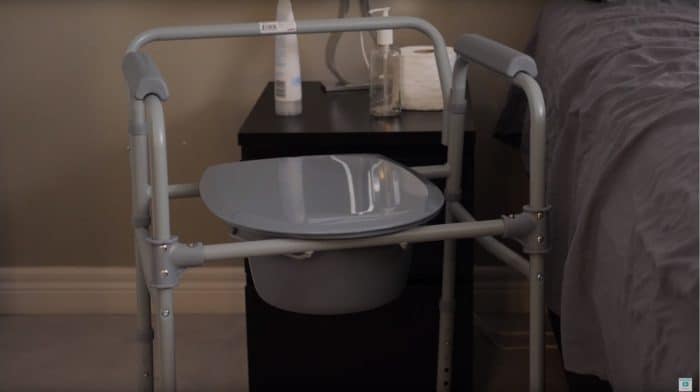When and how to ask for help
Finding a balance between your daily life and your caregiving role can be tricky. Your duties as a caregiver can change from day to day, and it might start to get overwhelming. It’s important to know when and how to ask for help.
In this video we’ll give you some tips on how to ask for help, even if you don’t want to do it.
Finding a balance between your daily life and your caregiving role can be tricky. Your duties as a caregiver can change from day to day, and it might start to get overwhelming. It’s important to know when and how to ask for help.
In this video we’ll give you some tips on how to ask for help, even if you don’t want to do it.
Asking for help might make you feel guilty or insecure about your caregiving, but trying to do everything on your own is a bad idea. If you’re tired, you’re more likely to get sick. And if you’re sick, you’ll be too busy taking care of yourself to provide care for anyone else.
So, how do you know when it’s time to ask for help?
You should ask for help if you start losing sleep, feel depressed, get headaches more often, miss meals or don’t even eat at all! These are just some of the tell-tale signs you might notice.
Remember that asking for help doesn’t mean you’re a bad caregiver, or that you’re not strong enough to do things on your own. Reaching out for support when you need it is the responsible thing to do.
If you think you need help, start by making a list of all the things you could use a hand with. Try to break up your list into individual tasks rather than broad needs; it’s better to ask for a ride to the doctor’s office on a certain date than for general help with transportation.
Once you know what you need help with, call up your trusted friends and family members and explain the situation.
Make it clear that you’ve already tried to manage on your own, but you’re having trouble getting everything done.
When asking for help, it might be easiest to use the SMART help request method. Your request should be…
Specific, so the other person knows what you need help with…
Meaningful, so that they understand why you need this help…
Action-oriented, so that they know exactly what they can do to help…
Real, so that they know you’re not making it up…
And Time-bound, so that they know when you need them to help you.
Try your best to predict when you’re going to need help and ask early. It’s easier for people to fit helping you out into their schedule if they have a few weeks’ notice.
Make an effort to thank everyone who helps you out. A sincere thank you will go a long way towards getting more help in the future.
Although it isn’t always easy, asking for help is something that every caregiver needs to do at one point or another. You can’t expect to provide proper care if you aren’t caring properly for yourself.
Asking for help doesn’t mean you’re weak, it means you want the person you’re caring for to get the best care possible. Your friends and family want to help; all you’ve go to do is ask.
Be sure to subscribe and watch our other videos for additional caregiver support and resources.






